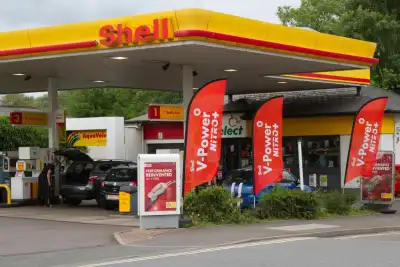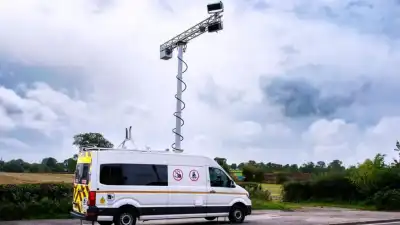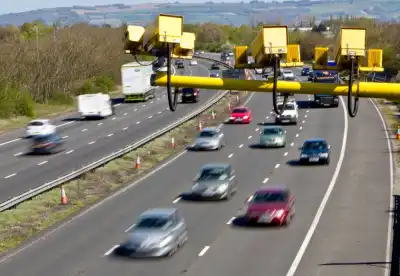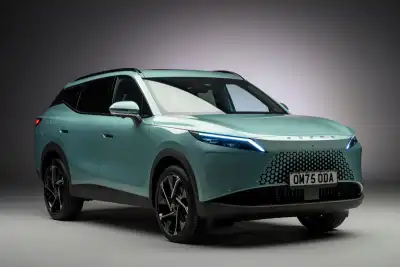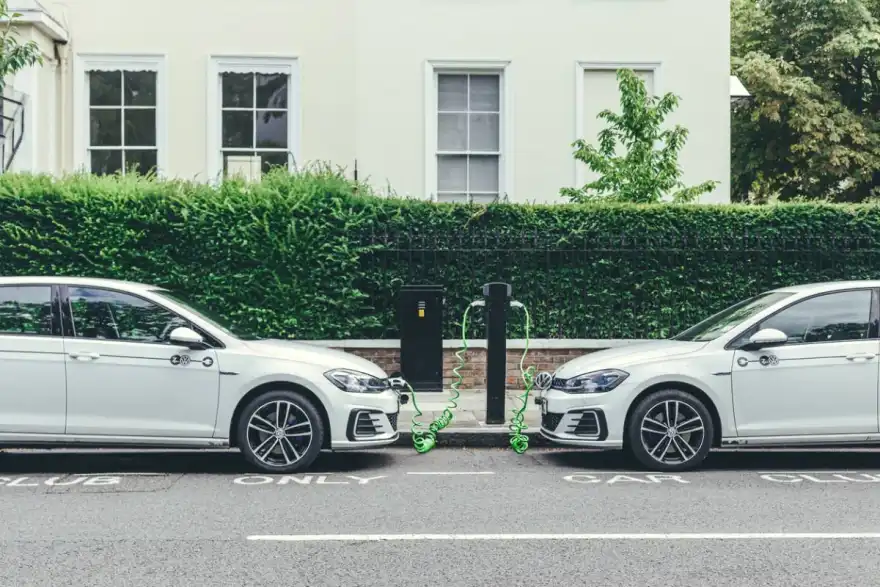
A 2020 Government scrappage scheme might soon slash the cost of your new, eco-friendly, electric car by £6,000 if you recycle an old petrol/diesel in the United Kingdom, rumours suggest. Why the incentive? Because coronavirus forced the motor industry to close its showrooms so it lost thousands of sales. Note May 2020, for example. The number of new car registrations fell to 20,247 compared to 183,724 in May 2019. That was a staggering fall of 89%.
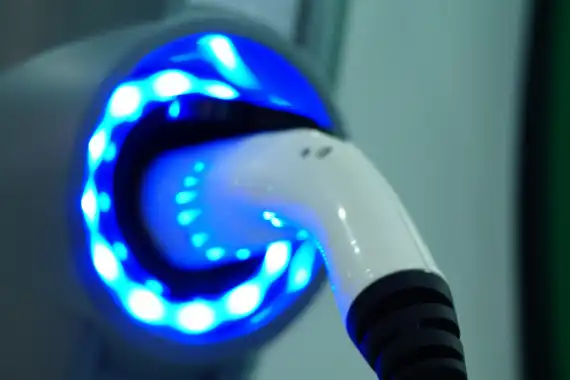
The motor industry employs thousands of people who manufacturer, market, and sell new vehicles so it wants to make amends for such loses as the virus subsides. A 2020 scrappage scheme might facilitate. Furthermore, if the motor industry performs well the economy benefits. It maximises Government tax revenue, for example.
How 2020 scrappage scheme might work
At this point, there is very little information to suggest how a scrappage scheme might work. However, there was an equivalent scheme in 2009/10 following the financial crisis. Its terms and conditions might broadly suggest what to expect. In 2009/10, you could:
scrap a car or van that weighed up to 3.5 tonnes that was registered before August 31st 1999 (assuming you had owned it for at least a year and it had valid tax, insurance, and MOT)
receive a £2,000 discount on virtually any brand new car (£1,000 from the Government and £1,000 from the manufacturer).
It is fair to theorise that a new scheme might have similar conditions, e.g. scrapped car must have reached a minimum age. However, there is likely to be more incentive to pick an eco-friendly, electric or hybrid replacement rather than petrol or diesel. Why? Because the Government wants to reduce air pollution.
AA President Edmund King supports the scheme. He said: ‘Offering £6,000 to swap a petrol or diesel for an electric car would be a fantastic move. At the start of the year, we said scrapping VAT on electric vehicles would be the most influential move to persuade drivers to go electric. A grant like this would be just as good and would help both car manufacturers and air quality’, Mr King argued.
Critics
Despite the benefits to the motor industry and the economy, a scrappage scheme might have its critics. Why? Because the previous scheme encouraged people to scrap solid, roadworthy cars purely because of the financial incentives. There was no rule that said they had to be worn out. Some people considered this wasteful particularly as some rare, interesting, classic vehicles fell foul.
The Government is likely to confirm the scheme’s launch in July 2020, rumours suggest.

